When you start actively trying to conceive, it’s natural to wonder how you can speed up the process of getting pregnant. And while there’s no magic pill to improve fertility in men or women, your diet may play a significant role in how quickly you get a positive pregnancy test.
Registered dietician Alicia Galvin says that, as long as there are no structural issues that would cause infertility, diet and nutrition are critical pieces to fertility success. “Digestive health, adequate detoxification by the liver and blood sugar balance all affect egg and sperm quality,” she says. “By making sure all of these are addressed, a couple can influence sperm and fluid quality, hormone imbalances, success of implantation and embryo development, pregnancy and birth outcomes.”
So, are you ready to maximize your fertility through nutrition? Here are some tips for getting started.
Begin Making Changes Now

Feeding your body the right nutrients may help you conceive faster, but it’ll take some time for any nutritional changes you make to kick in. Galvin recommends making changes at least four months before starting TTC (trying to conceive).
“Since it takes four months for an egg to mature and three to four months to influence sperm quality, interventions with diet and nutrition should be started four months prior to trying to conceive,” she says.
Commit to Getting Healthy Together
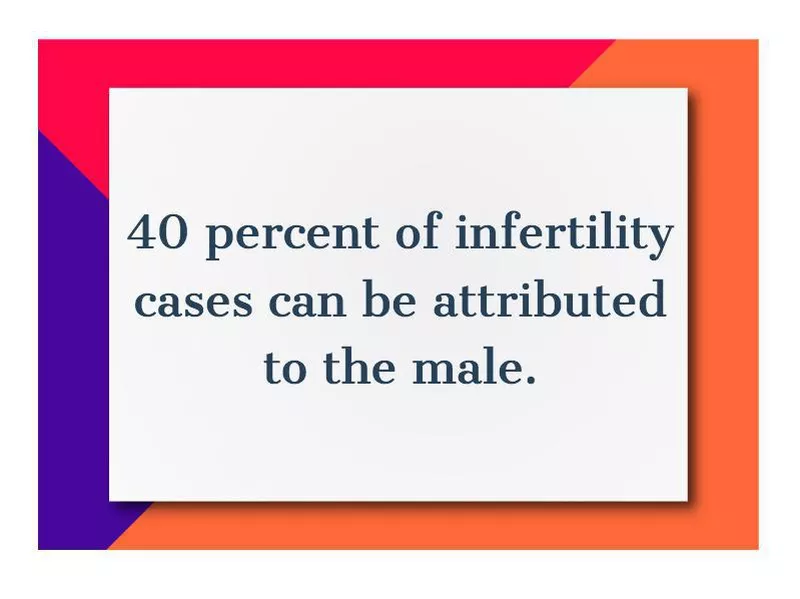
When couples are TTC, the focus is often on the woman and improving egg quality. However, the American Society of Reproductive Medicine estimates that 40 percent of infertility cases can be attributed to the male.
“Sperm are very susceptible to oxidative stress,” Galvin notes. “Their membranes are made up of polyunsaturated fatty acids, and they cannot repair their membranes once damaged by inflammation and oxidative stress.”
Watch Your Weight
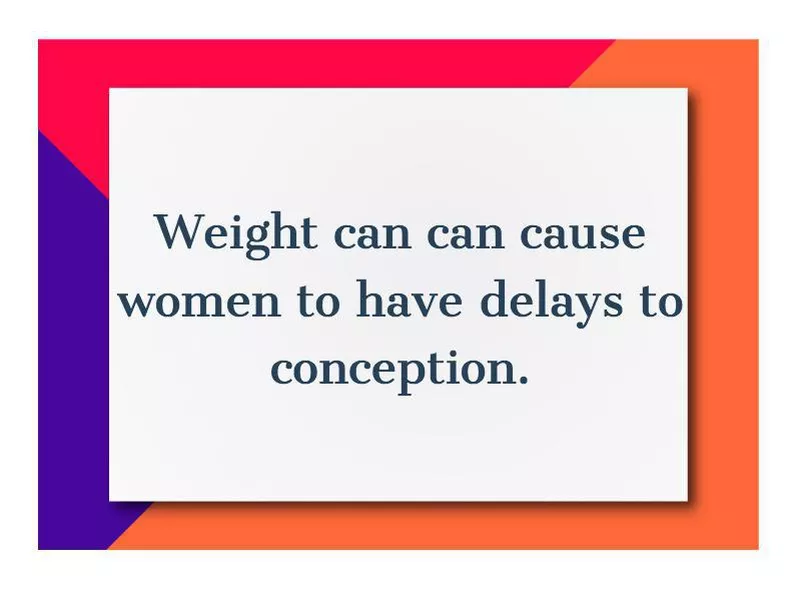
Daniel Shapiro, MD, a reproductive endocrinologist and fertility specialist at Reproductive Biology Associates, notes that women who are too heavy or too light are likely to have delays to conception or possibly absolute infertility if they fail to ovulate as a result.
“There is no magic weight cut-off, but women who have Body Mass Indexes (BMI) above 30 show much longer times to conception than women close to ideal body weight,” he says. “The same is true for women with a BMI under 18 … In both situations, a complex interplay between insulin, a hormone called leptin and certain neurotransmitters in the areas of the brain controlling reproduction malfunction lead to failure to ovulate or improperly regulated ovulations that yield less than optimal eggs.”
That Goes for Men, Too
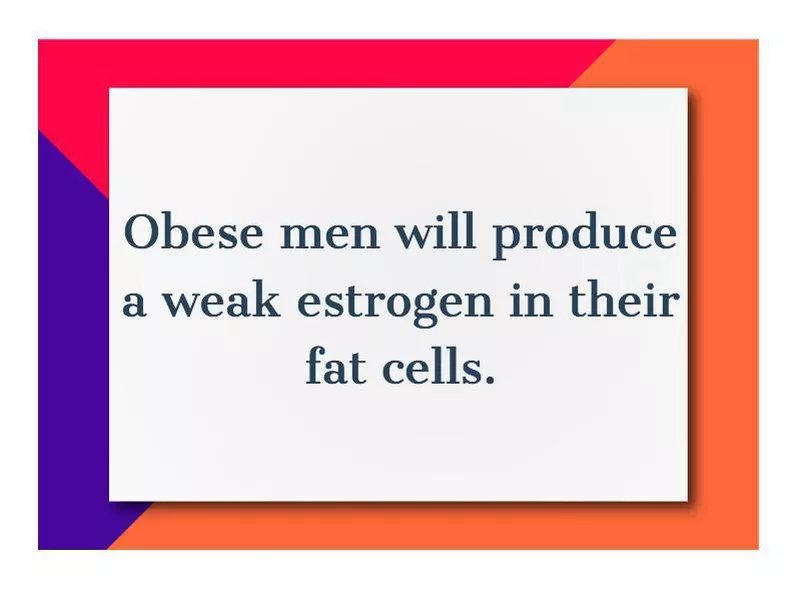
Shapiro notes that men will see a progressive decline in sperm quality as weight increases.
“Obese men will produce a weak estrogen in their fat cells, which causes gynecomastia (excessive breast development — also often referred to as ‘moobs’) in some men while it will also suppress the follicle-stimulating hormone (FSH) in the brain of a man the same way it does so in women. FSH is critical for normal sperm production, so it is important for men to keep their weight close to the insurance table–recommend BMI.”
Cut Back on Alcohol

“Booze should be limited to no more than one to two per day in men and women, and women should stop alcohol completely after they get pregnant,” Shapiro says.
Avoid smoking, too (cigarettes and marijuana). These can cause oxidative stress in your body, which can damage the fragile sperm and eggs. If you must have a drink, choose red wine for its antioxidant benefits.
Avoid Anything That Causes Inflammation in the Body

Galvin says that overly processed foods such as cakes, cookies and refined grains like white bread, white rice, chips and crackers can all have a negative impact on your fertility. Also steer clear of anything that has artificial food coloring, chemicals or flavors. Think diet drinks, sodas, colored flavored waters, candies or snacks that have artificial coloring and flavoring.
Go Mediterranean

Eat eight to 10 servings (4 to 5 cups cooked) of non-starchy vegetables per day such as broccoli, carrots, cauliflower, bell peppers and onions. Nuts, seeds, beans and good-quality protein sourced from organic, pasture-raised and grass-fed farms are also recommended.
Eat the Rainbow

Melissa Groves, RDN, LD, with Avocado Grove Nutrition and Wellness, recommends eating as many fruits and vegetables as possible — eight to 10 servings a day of a variety of produce.
“The more colors the better, because each color represents a different set of phytonutrients,” she says.
Go Organic

When that’s not possible, at least follow the Environmental Working Group’s Clean 15 and Dirty Dozen guide to buying produce, which will help you avoid the most dangerous non-organic fruits and vegetables.
Say Yes to (Some) Fat
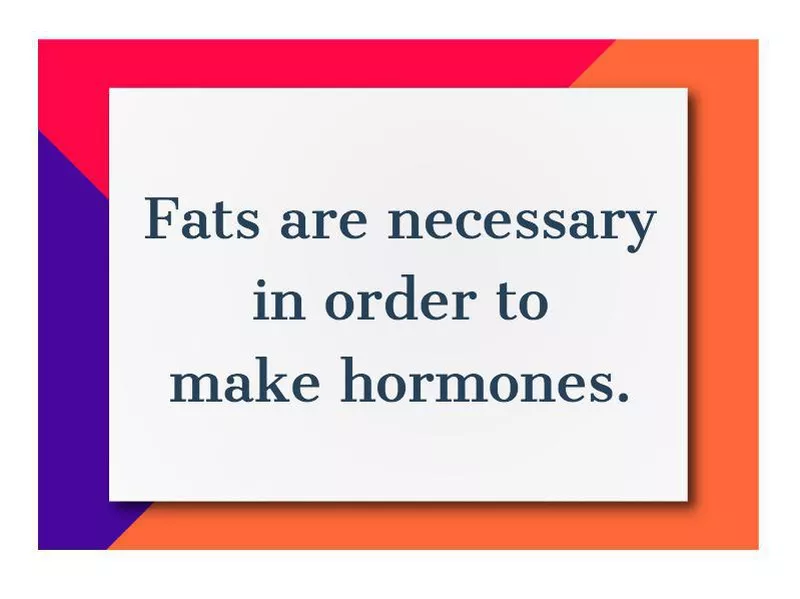
While saturated fats are a big no-no, Groves recommends a diet ample in healthy fats because fats are necessary in order to make hormones. “Focus on foods high in anti-inflammatory Omega-3 fatty acids such as salmon and walnuts and other healthy fats like avocados, olive oil and nuts,” she says.
Try CoQ10 Supplements
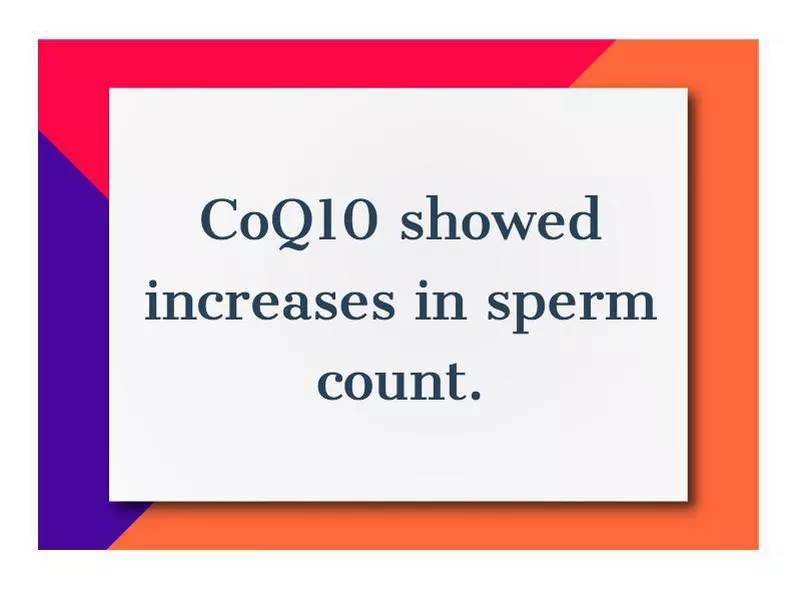
Research shows that this antioxidant decreases the damaging effects of free radicals on the reproductive system, which impacts overall sperm health and egg quality.
“One study suggested that men using a CoQ10 supplement experienced a significant increase in sperm motility,” Galvin notes. “In another study, CoQ10 showed increases in sperm count.”
She usually recommends taking 800 to 900 milligrams of CoQ10 a day.
Take Vitamin D
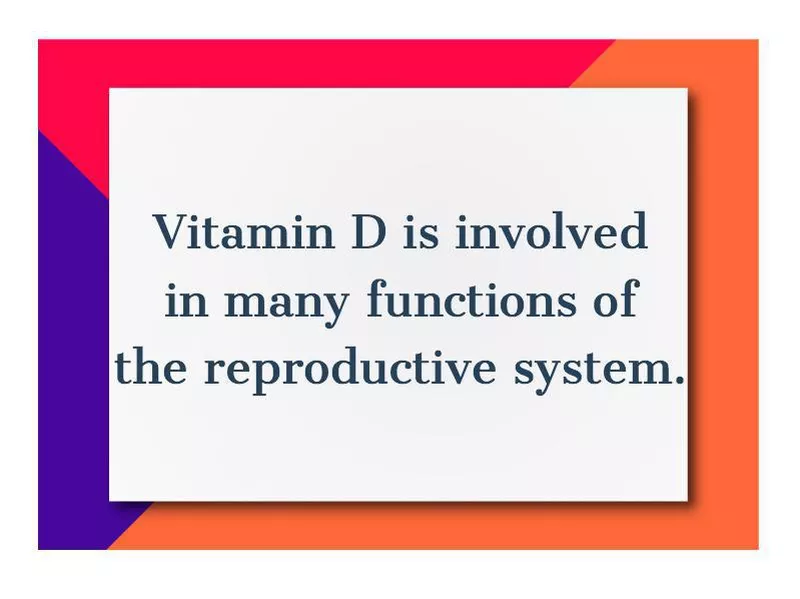
Vitamin D can help support ovarian function, and deficiency is common, especially in cooler climates, according to Groves. Galvin agrees, citing accumulating evidence that vitamin D is involved in many functions of the reproductive system in both men and women.
“In women, vitamin D status has been associated with more positive IVF outcome, improvement in PCOS and endometriosis,” Galvin says. “In men, vitamin D status has been associated with more favorable semen quality, testosterone quality, sperm count and motility.”
Get Fishy

Some studies have shown that fish oil can improve fertility. “In men, fatty acids improve the circulation to the genitals, which help support the prostate and the other elements needed for reproduction,” Galvin says. “Omega 3s are also important to the production of sperm, since their membranes are primarily polyunsaturated fatty acids. In women, omega 3s increase egg white cervical mucus, which is needed to help the sperm reach the egg. Omega 3s also have an anti-inflammatory effect, thus reducing oxidative stress.”
She usually recommends 2 to 3 grams daily.